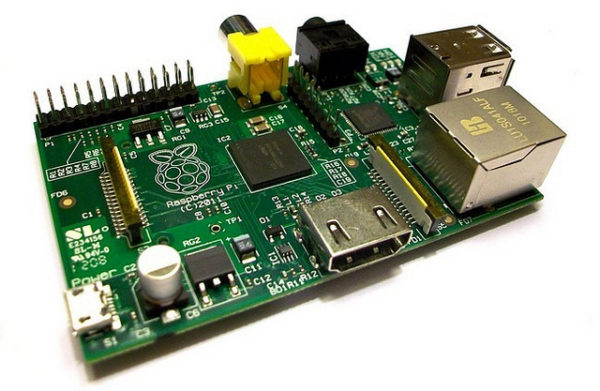Living in the self-titled Gig City, most people have heard of EPB’s gigabit internet service but understanding what that might mean in their everyday lives is a bit more ambiguous. Our goal for the Gigabit Community Fund is to provide opportunities to explore how high speed networks can impact learning. Over the last few years, we’ve had great conversations with educators and technologists about those opportunities and in turn, have funded some exciting and creative projects.
In 2016, we’ve built upon those earlier conversations to further explore new frontiers of technology with our funding in Chattanooga and Kansas City. The local communities are making the connection beyond what is made better by the gig and are moving into what is made possible with gigabit connectivity. Educators are coming forward with their own projects, with an enthusiasm to explore in a world that was typically held by technologists. On the flip side, technologists are seeing clear and practical applications for how their projects can enhance learning for students. Throw in the ballet, a makerspace and a raspberry pi, and you’re creating a gigabit world that goes way beyond big data or live streaming.
If you are asking yourself, “What’s the big deal with gigabit internet?”, our Mozilla curriculum developer, Chad Sansing, provides some perspective:
“If a poor Internet connection is a tunnel we have to go through, stooped over, one at a time, then a gigabit connection is a vast plain with room to move in a hundred directions at once. A gigabit connection is like an entire landscape or ecosystem; its bandwidth creates enough space for data-intensive, multi-user collaborations on web. Learners in the same classroom – and even different cities – can work together in real-time to edit videos, produce music, and participate in immersive simulations through emergent technologies like Web Virtual Reality (WebVR).”
Our funded projects include collaborations between local organizations and cities. Several projects are building on proven pilots (like the Chattanooga STEM School 4K microscope) to become scalable and another is providing real world experiences for students with the emerging field of the Internet of Things. A third project will use virtual reality to immerse students in a foreign land for an interactive language learning experience. With a thriving 4K arena, three of our Chattanooga funded projects will navigate that space to create proven curriculum open and accessible to others. While focused on different technologies, all nine of our grantees continue to push forward the conversation about how to make learning more immediate, immersive and equitable using the gigabit network.
We invite you to consider applying for our next round of Gigabit Community Fund grants (due October 18, 2016). We are excited to see new ideas emerge utilizing gigabit internet as it transforms formal and informal learning spaces! If you are interested, feel free to submit an intent to apply or send us a note with your ideas. Still unsure what all this means? Check out our May Mozilla Learning Community Call which dives into more practical ways gigabit technology is impacting and evolving education. We look forward to you joining the conversation!
